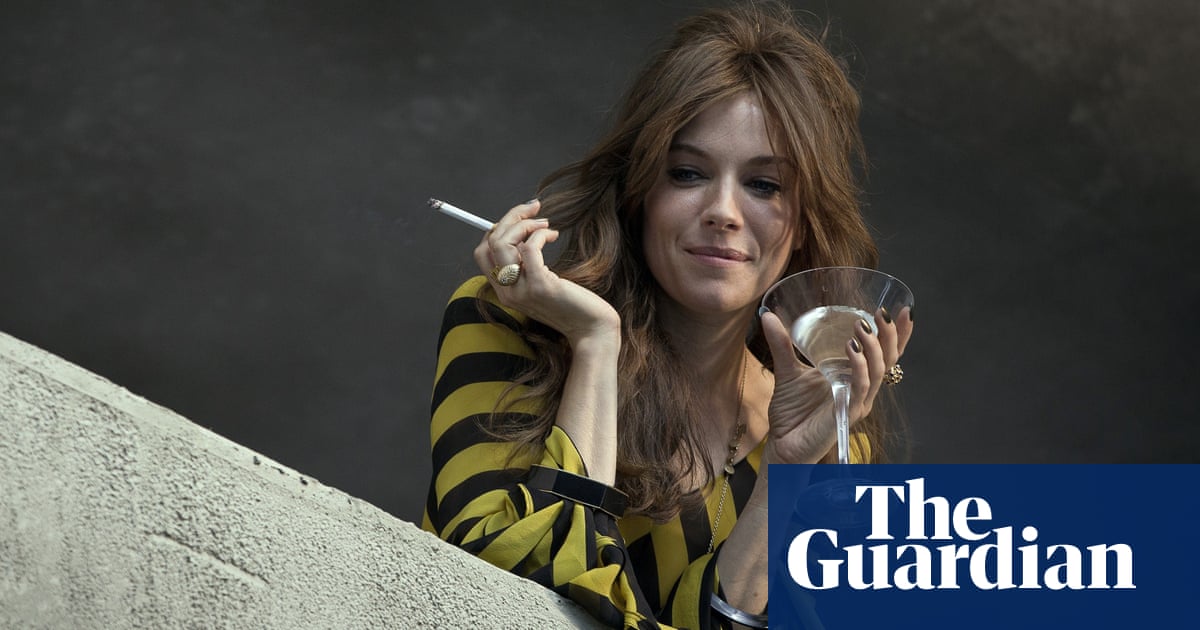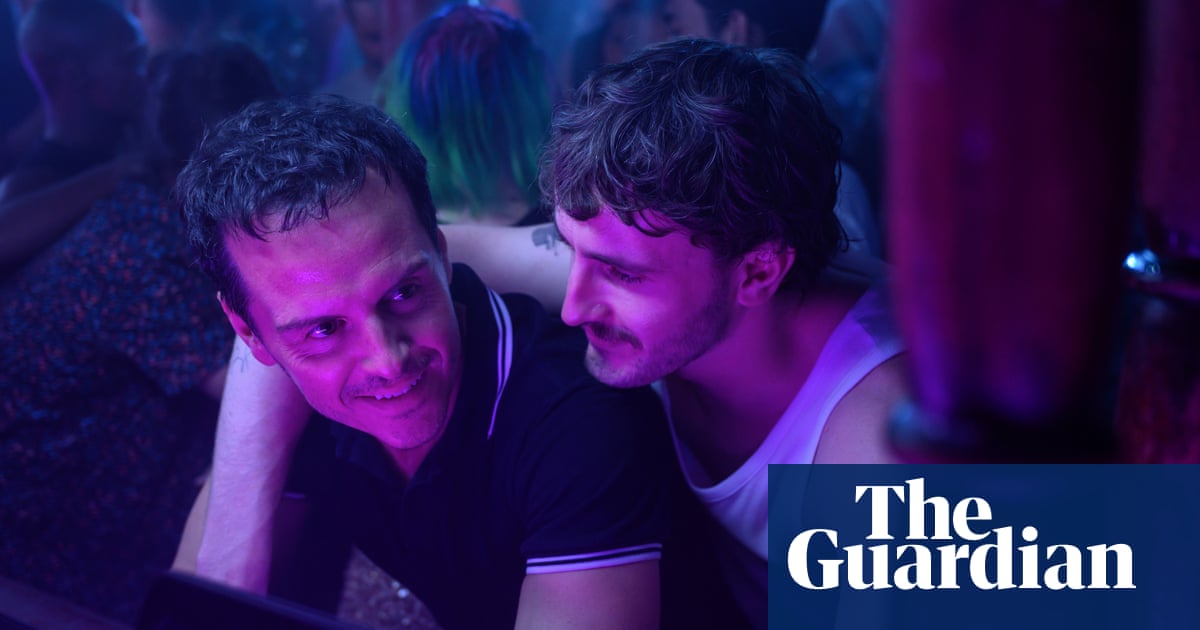
You can’t help wondering how British movie schoolgirls would fare among their American counterparts. How would Hermione Granger cope in the high school canteen with the Heathers or the Mean Girls? Take away her wand and they’d eat her for lunch. While US screen teens are often worldly, sharp and fashionable, it feels as though us Brits are still clinging to a wholesome, jolly hockey sticks fantasy of female education, as seen in the likes of St Trinian’s or Wild Child, where the pupils are naughty and anarchic, but still reassuringly innocent.
Thankfully, times are changing. Take Our Ladies, which follows a group of Catholic schoolgirls on a raucous day trip to Edinburgh circa 1996. None of these well-rounded characters fit the cliches, and none of them are particularly innocent. Ostensibly in the city for a choir competition, they have other things on their mind: such as changing out of their uniforms as soon as possible, hitting the pubs and clubs, and obsessively, naively seeking sexual experiences.
There are some worrying encounters with dodgy older men, but our heroes have strength in numbers and put-downs to spare. It’s a far sight more realistic than the trope of the sexualised schoolgirl, which has outstayed whatever welcome it once had: recall the 2007 St Trinian’s remake, which veered close to lechery with its “Posh Totty” gang, who accessorised their short skirts with high heels and fishnets. That film at least broke a generation of talented actors – Gemma Arterton, Jodie Whittaker, Juno Temple, Zawe Ashton – but they deserved better.
In real life, today’s schoolgirls are more likely to be protesting discriminatory uniform policies and sharing testimonies of sexual abuse and harassment. Our Ladies’ more credible take on this experience brings to mind the lovable Northern Irish sitcom Derry Girls: their irreverent exploits are more family-friendly, but set against the stark reality of the Troubles. Or last year’s Rocks, whose put-upon London pupils were as far from posh, white St Trinian’s as you can get. Even in the public-school realm, we’ve had An Education, based on Lynn Barber’s beyond-her-years experiences as a 16-year-old in the 1960s, and Carole Morley’s The Falling, also set in a 60s girls’ school, which took teenage sexuality to stranger places (and introduced Florence Pugh).
Our Ladies was made by men (director Michael Caton-Jones adapting Alan Warner’s 1998 novel) but it sees the world through the girls’ eyes. And beyond the lively bawdiness, the story deals with teen pregnancy, queer crushes, disempowerment and despair about the future. There’s a feeling that this is as much fun and freedom as life is going to offer these young, working-class women. They deserve their good time.












